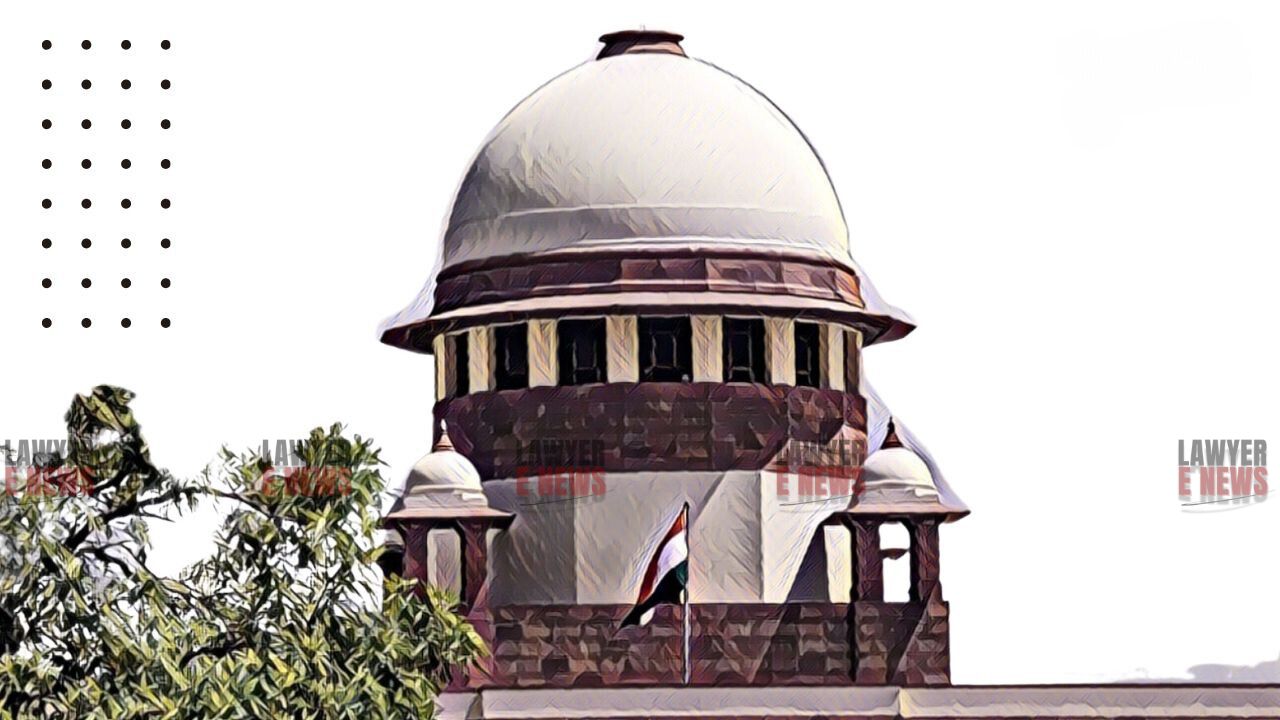-
by Admin
15 February 2026 5:01 PM



Supreme Court of India delivered a critical ruling in National Highway Authority of India v. G. Athipathi and Others, addressing the impact of service gaps on promotion eligibility within the National Highways Authority of India (NHAI). The Court set aside earlier decisions by the Central Administrative Tribunal (CAT) and the Madras High Court, which had granted retrospective promotion benefits to respondent G. Athipathi, and clarified the criteria under which past deputation service could be counted for promotion.
The respondent, G. Athipathi, initially served as an Assistant Engineer in the Tamil Nadu Government. He joined NHAI on deputation as Manager (Technical) from 2008 to 2014. Following his repatriation to the parent department, he re-entered NHAI in 2015 through direct recruitment as Manager (Technical). Subsequently, the respondent sought promotion to Deputy General Manager (Technical), contending that his deputation period should be counted toward the four years of service required for eligibility. However, NHAI rejected his application, citing a gap of over a year between his deputation and direct recruitment.
The CAT and the High Court ruled in favor of the respondent, directing NHAI to treat his deputation period as regular service for promotion purposes. Aggrieved by these decisions, NHAI appealed to the Supreme Court.
The Supreme Court emphasized that the central issue was whether the respondent’s deputation service could be counted for promotion, given his subsequent gap in service and re-entry as a direct recruit. Clause 6 of the NHAI’s Circular dated May 22, 2017, was pivotal in this determination. The Court observed that while the Circular allowed deputation service to be treated as regular service, it did so only for continuous service without significant gaps.
“For all practical purposes, [the respondent’s] re-entry into NHAI as Manager (Technical) in 2015 was a fresh and independent appointment, unrelated to his earlier deputation service, which had reached finality upon his repatriation in 2014.”
The Court highlighted that the Circular was intended as a “one-time measure” to equalize deputation and regular service for promotion eligibility but did not extend to situations involving substantial breaks in service. The judgment further clarified that only service on deputation, followed by immediate absorption without interruption, could be counted.
The Court rejected the respondent’s argument that a one-year gap should not preclude his eligibility for promotion. It reasoned that interpreting the Circular to allow gaps would create inconsistencies and dilute the integrity of promotion criteria. The Court stated:
“The contention that gaps in service should not matter would lead to absurd results, enabling individuals with significant breaks to claim benefits under the Circular, contrary to its intended purpose.”
The Court concluded that the respondent was ineligible for promotion from July 27, 2017, as he had not completed the requisite four years of continuous service post-2015. It upheld NHAI’s interpretation of the Circular and reversed the CAT and High Court’s findings.
The Supreme Court allowed NHAI’s appeal, quashing the orders of the CAT and High Court. It held that the respondent’s effective date of service for all employment and promotional considerations would be August 26, 2015, the date of his direct recruitment. While the respondent remained eligible for future promotions based on this start date, his earlier deputation service could not be counted retroactively. The Court, however, directed that no recovery be made for excess payments already disbursed.
This ruling underscores the principle that promotional benefits tied to service duration must adhere strictly to organizational regulations, and any deviations require explicit provisions in policy frameworks.
Date of Decision: December 9, 2024
